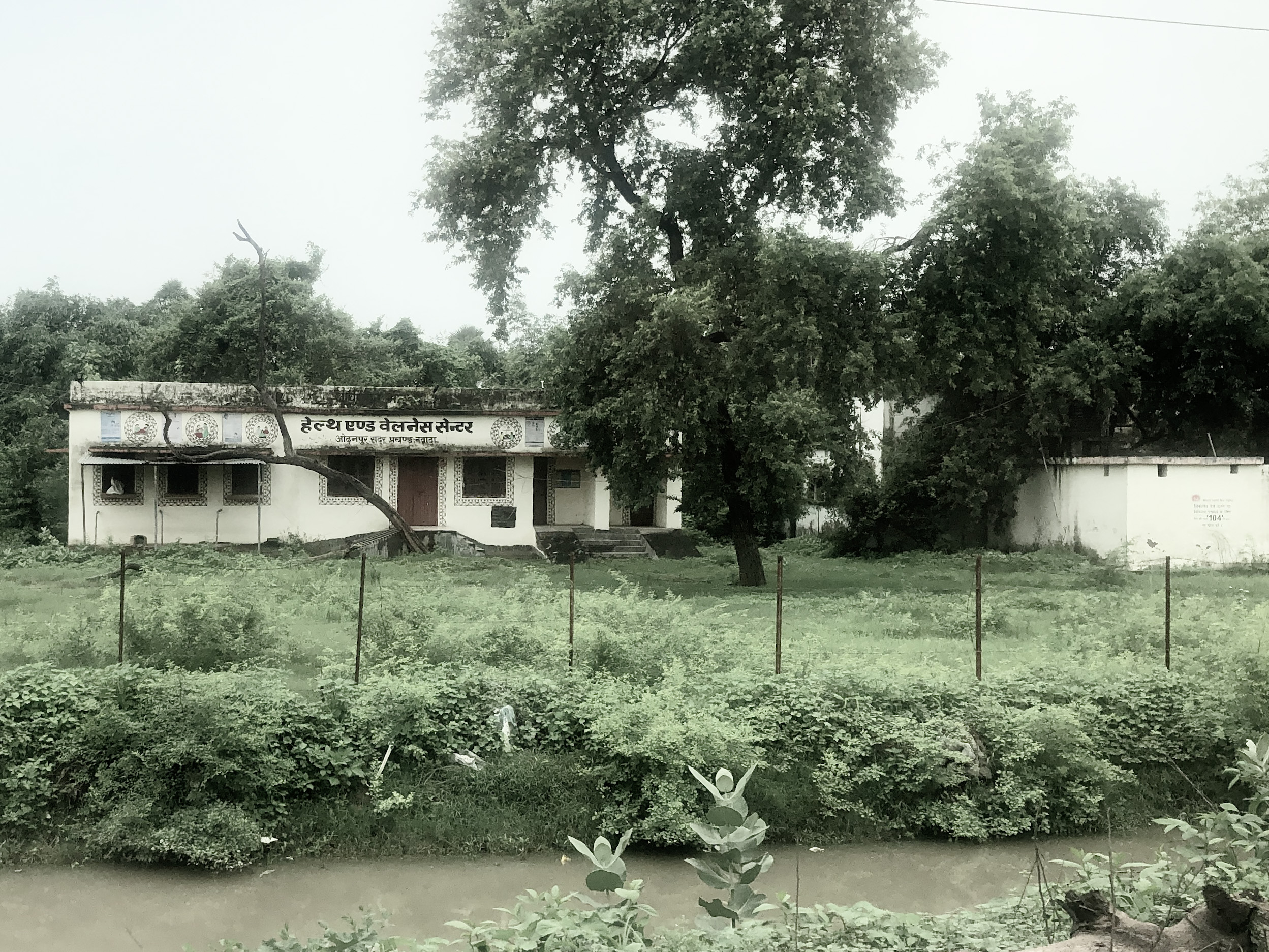

We culminate our journey through the healthcare in Bihar, economic and political institutions, and behavioral psychology of people in Bihar with relevant and realistic suggestions. Any case for restructuring of a system or upliftment of declining infrastructure needs serious proactive policymaking. This policy-making process should be inclusive, diverse, representative, and sustainable. Additionally, there is a strong existing case for the policies and innovation to be technologically feasible, frugal, economically cheaper, and sustainable considering the local environment and geopolitics history.
We should start with a complete overhaul and restructuring of healthcare financing specific to local needs. Poor health literacy and financial knowledge of a large segment of state mean that the financing while being simple to replicate also needs to be communicated well. Health insurance has very poor penetration in the state and people, especially those below the poverty line, have deep mistrust towards insurance companies. The current system is heavily reliant on out-of-pocket payments which often results in financial catastrophe. Smaller clinics and individual practitioners also show slow uptake of the insurance payment model in their practices, thus leaving patients with no incentives to use insurance. Public insurance coverage with state-specific changes has wide potential for adoption among the lower and middle class.
The second, but equally important, set of actions that needs reforms is the health infrastructure. The state government needs to get serious about investing heavily in setting up health infrastructure and strengthening those already available, but in dire states. Adoption of modern technology such as telemedicine and point of care testing will boost last-mile connectivity. The focus should be on strengthening primary health care in remote and rural villages. Strengthen and equip sub-centers and primary health centers with basic diagnostic equipment, facility for telemedicine, specimen collection and transport, and health education. Recruit, train, and retain frontline workers with a well-balanced pay structure, relevant incentives, and upskilling opportunities. Experts and leading healthcare institutes should design syndromic management and treatment guidelines that can be easily applied in villages with poor connectivity and low resources. Regulate and train the cadre of quacks and pharmacists with the knowledge of evidence-based medicine, symptomatic management, and timely referral to higher centers.
It is the responsibility of the state government to tackle high health illiteracy. Invest in health communication models and include innovative models including the use of social media for health information, education, and awareness. Create infographics, videos, social media posts, song and dance routines, and street play in simple, easy to understand, local languages with free use of vernacular dialects and local slangs.
Think tanks, policymakers, research institutions, social non-profits, and healthcare leaders need to get on the ground and understand that challenges in Bihar are unique and hence the solutions as well. There need to be more stories, coverage, studies, data collection, policy analysis, and broad discussion on the development model of Bihar. It would be foolish for us to believe in one-size-fits-all policies.
More from Dr. Ankit Raj here.
HPHR.org was designed by ComputerAlly.com.
Visit HPHR’s publisher, the Boston Congress of Public Health (BCPH).
Email communications@bcph.org for more information.

Click below to make a tax-deductible donation supporting the educational initiatives of the Boston Congress of Public Health, publisher of HPHR Journal.![]()